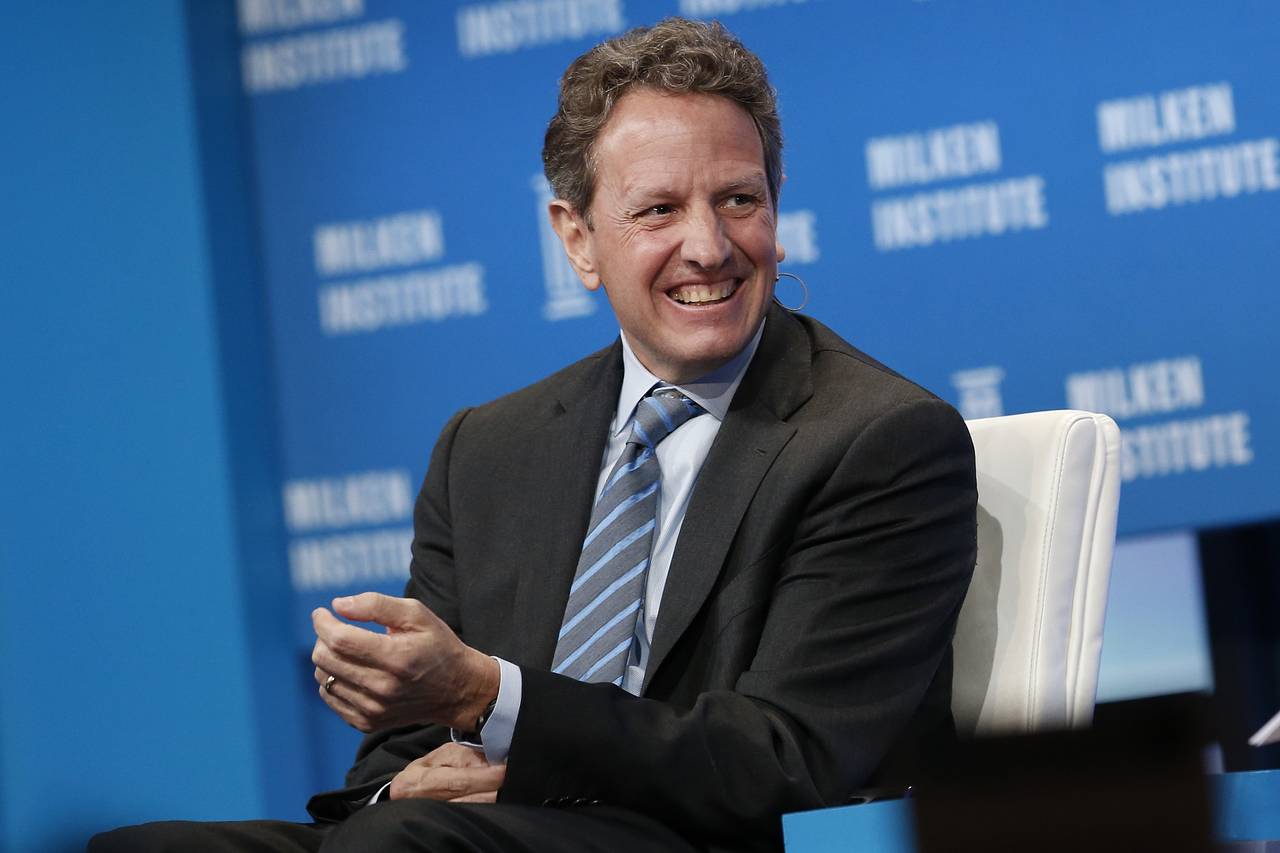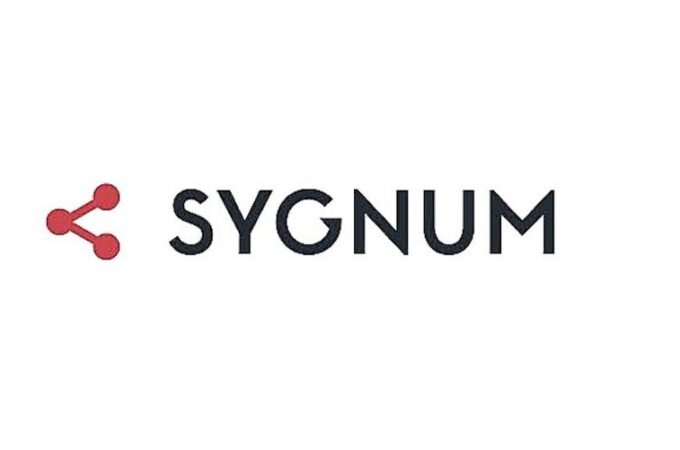
Silicon Valley Looks at Something New: Starting a Bank
Warburg Pincus’s new bet on the future of banking borrows from the industry’s past.
The New York firm is leading an investment round of more than $27 million in San Francisco-based Varo Money Inc., a startup that may one day take the rare step of seeking its own bank charter.
Led by Colin Walsh, a veteran of American Express Co. and Wells Fargo & Co., Varo is developing a mobile-banking app offering deposit accounts connected to budgeting tools and other digital financial services. It is also seeking to partner with a bank to provide accounts.
Varo plans at first to rely on the banking partner to back the accounts to which its software will provide access. But what sets the company apart is its willingness to even consider seeking its own bank charter so it can offer the deposits itself.
That would be a shift within the financial-technology industry, which has steered away from traditional banking with its heavy regulations.
Most startups have in particular avoided holding customers’ money due to the cost and complexity. But without them, “all you are is a product provider,” said Michael Martin, who leads the financial-services team at Warburg.
Varo aims to begin live testing of its app with customers later this year, as it seeks a multiyear sponsor-bank arrangement before exploring setting up its own bank. “The ultimate goal is to go seek a charter,” Mr. Martin said.
It is rare that anyone sets up a new American bank these days. The Federal Deposit Insurance Corp. approved an average of 159 applications a year for new banks from 2000 to 2007. But since 2012, there have been just 10 applications for new banks, and only four approved, including one bank converting from a credit union.
Core banking has been a tough business since the financial crisis. Rock-bottom interest rates have squeezed profits, and harsher capital rules have made lending more expensive, forcing some to rely more on income from fees.
The FDIC is trying to make the bank-application process easier, recently shortening the review period for new banks to three years from seven to encourage more startups.
More broadly, venture fundraising for fintech firms including online lenders has dropped this year, as some startup lenders have slowed making new loans.
The investment by Warburg is the second-largest initial round of funding for a fintech firm this year behind an insurance startup, according to Dow Jones VentureSource.
Warburg, whose president is former Treasury Secretary Timothy Geithner, is active in financial services, and it invested in a handful of traditional banks after the financial crisis. But until now, it had passed on recent fintech startups.
Mr. Walsh co-founded Varo in October of last year after spending 25 years in traditional financial services. He said he “saw the light and wanted to get into tech.”
The company’s first priority is seeking a relationship with an existing bank that is expected to last for several years. “We’re focused on [developing a product] through a sponsor bank initially that shares our values,” he said.
Many banks are too focused on generating fee income, such as overdraft and account minimums and don’t offer enough tools to monitor consumers’ financial health or budgets, Mr. Walsh added.
“The model is broken,“ he said. ”Trust in banks continues to remain at all-time lows.”
Mr. Walsh said that Varo would make money from lending, debit cards and partnerships but aim to have minimal fees. The startup will offer a “digital financial coach” in its app for budgeting and planning and aims to provide access via its app to a range of approved services from other fintech firms, like online lenders or robo-advisers.
Banking experts advising Varo include David Coulter, a special limited partner at Warburg and former chief executive of BankAmerica, who is a board member.
Other startups focused on bank accounts include Movencorp Inc., started in 2011, which offers online accounts via a partnership with CBW Bank and also sells its software to other banks. Other mobile-banking startups include BankMobile, part of Customers BancorpInc., and Simple, which was acquired by BBVA Compass for $117 million in 2014.
The biggest online lenders, which include LendingClub Corp. and Social Finance Inc., either lend via state charters, which don’t require a bank, or pay fees to outside banks that issue the loans.
But recent regulatory moves and legal decisions may put more pressure on fintech firms to move closer to banks. The Office of Comptroller of the Currency is working on a framework to regulate banks and fintech. A 2015 appeals court decision, Madden v. Midland Funding LLC, made it harder for banks to sell loans immediately back to online firms.
Write to Telis Demos at telis.demos@wsj.com
First appeared at WSJ Venture Capital





